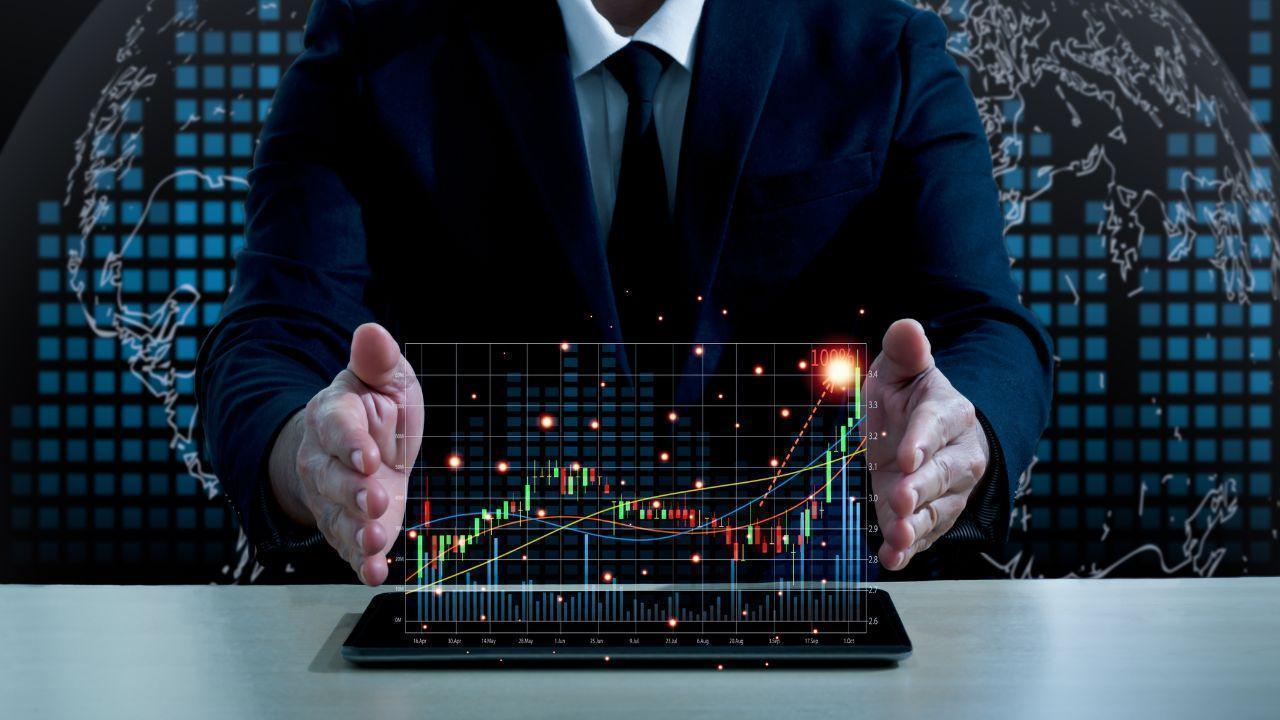
Creativity has long been seen as a distinctly human trait, a product of imagination, emotion, and individual expression. However, the rise of artificial intelligence (AI) is transforming this perception, challenging traditional ideas of creativity and innovation. In the digital age, AI is not only assisting humans in creative processes but is also generating original art, music, and designs. From AI-generated paintings that rival masterpieces to machine-composed symphonies, technology is reshaping the boundaries of what we consider creative work.
Artificial intelligence has found its way into almost every creative industry. In visual arts, tools like DALL-E and DeepArt enable artists to generate stunning imagery with just a few prompts, while programs such as Adobe’s Sensei use AI to enhance photo editing and design processes. Similarly, AI has revolutionized music composition with platforms like AIVA and Amper, which allow musicians to co-create tracks or even automate entire compositions. These tools are democratizing creativity, making it accessible to people who might lack formal training but have innovative ideas.
In the film and entertainment industry, AI is used to generate scripts, analyze audience preferences, and even create digital characters. AI’s ability to process vast amounts of data allows filmmakers to predict trends and design stories that resonate with audiences worldwide. This unprecedented integration of AI into creative workflows is accelerating production timelines and pushing the limits of artistic expression.
One of the most debated aspects of AI’s role in creativity is whether AI-generated art can truly be considered creative. Creativity often involves emotional depth, intent, and a sense of individuality—qualities that AI, at its core, lacks. However, AI-generated art often surprises even its developers with unexpected and innovative results. For instance, in 2018, an AI-generated painting, "Portrait of Edmond de Belamy," sold at auction for over $400,000, sparking discussions about the value and authenticity of art created by machines.
While AI may not possess emotions, it can analyze and learn from vast datasets of human art to create works that mimic or even surpass human creativity. The results challenge our understanding of art and raise profound questions: Is creativity defined by the process or the outcome? And how do we value art created by an algorithm versus art created by a human hand?
AI’s integration into creative processes brings several benefits. For one, it significantly speeds up time-consuming tasks. Graphic designers can use AI to automate repetitive tasks like background removal or color correction, freeing them to focus on more complex elements of their work. Writers can use AI tools like ChatGPT to brainstorm ideas or draft initial content, helping overcome creative blocks.
Moreover, AI enables collaboration between humans and machines. Instead of replacing artists, musicians, and writers, AI often serves as a tool that enhances human creativity. For example, architects use AI to generate innovative building designs that blend form and function, while fashion designers employ AI to predict trends and create futuristic styles. By leveraging AI, creators can push the boundaries of their work and explore uncharted territories.
Despite its potential, the rise of AI in creativity is not without challenges. One major concern is the question of authorship and copyright. Who owns the rights to an artwork or song generated by an algorithm? The lack of clear legal frameworks around AI-generated content poses significant issues for artists and businesses alike.
Another challenge is the potential loss of human authenticity. Critics argue that while AI can replicate styles and techniques, it lacks the emotional and cultural context that human creators bring to their work. There is also the fear that AI-generated content could flood markets, devaluing human-made creations and reducing the demand for traditional artists.
Additionally, ethical considerations arise when AI is trained on existing works without proper attribution or consent. Many AI models rely on datasets sourced from the internet, which often include copyrighted material. This raises concerns about intellectual property theft and the exploitation of artists’ work.
As AI continues to evolve, its impact on creativity is expected to grow. The technology is becoming more sophisticated, capable of producing increasingly complex and nuanced works. In the future, we may see AI co-creators becoming a standard part of creative teams, working alongside humans to develop groundbreaking art, music, and designs.
Education and training will play a key role in this transition. Creators who embrace AI tools and learn how to integrate them into their workflows will likely thrive in the digital age. Conversely, those who resist the technology may find themselves at a disadvantage as industries increasingly adopt AI-driven solutions.
It is also likely that new genres and forms of art will emerge as a result of AI. Just as photography and film revolutionized art in the 19th and 20th centuries, AI has the potential to redefine what we consider creative expression in the 21st century. The fusion of human ingenuity and machine learning promises to unlock possibilities we have yet to imagine.
Artificial Intelligence (AI) is transforming the concept of creativity by generating art, music, and designs that rival human creations. From tools like DALL-E in visual arts to AIVA in music composition, AI is reshaping industries by democratizing access to creativity and enhancing workflows. While AI offers benefits like speeding up repetitive tasks and enabling human-machine collaboration, it also raises questions about authorship, authenticity, and ethical use. As the integration of AI in creative processes grows, it challenges traditional notions of artistic expression and offers opportunities for innovation, creating a future where humans and machines co-create groundbreaking work.
This article is published by DXB News Network and aims to provide insights into the evolving role of Artificial Intelligence in creativity. The views expressed are for informational purposes only and do not constitute professional advice. Readers are encouraged to explore the topic further and make informed decisions about AI tools and their applications.
#trending #latest #AI #Creativity #DigitalAge #Innovation #AIArt #Technology #FutureOfWork #ArtificialIntelligence #CreativeIndustries #TechInnovation #breakingnews #worldnews #headlines #topstories #globalUpdate #dxbnewsnetwork #dxbnews #dxbdnn #dxbnewsnetworkdnn #bestnewschanneldubai #bestnewschannelUAE #bestnewschannelabudhabi #bestnewschannelajman #bestnewschannelofdubai #popularnewschanneldubai
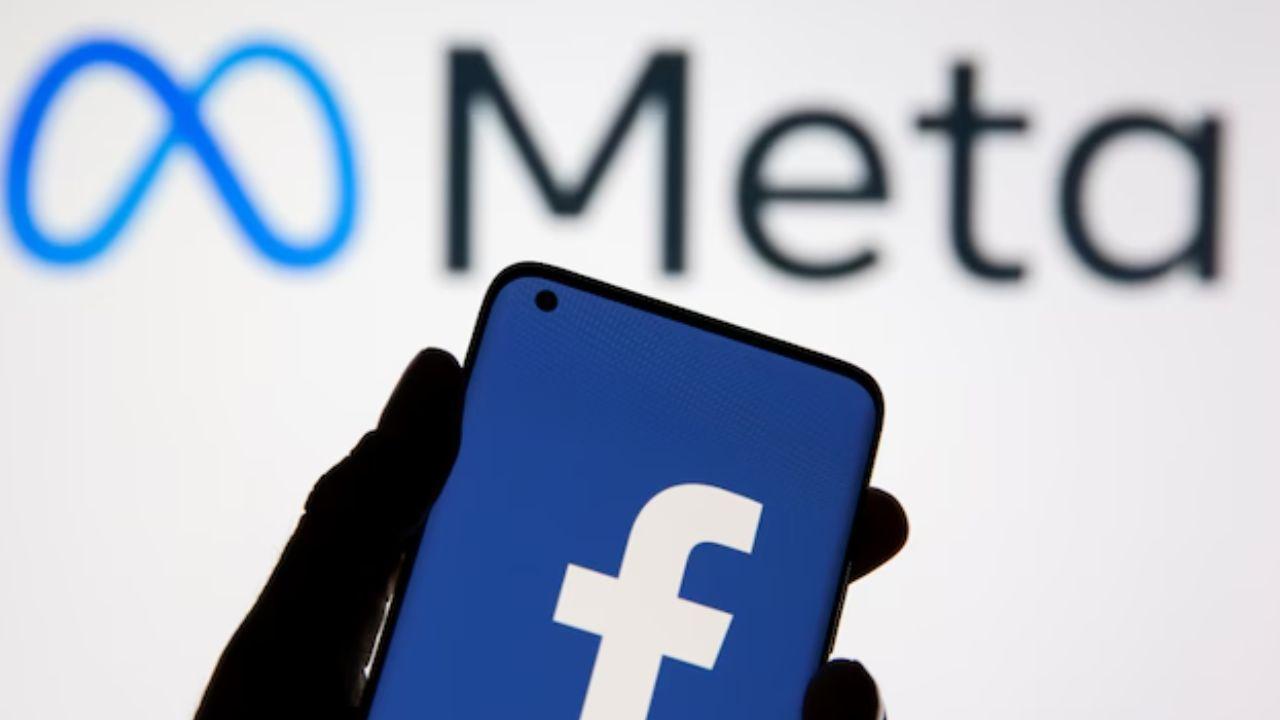
Meta Platforms announced on Thursday that it will start testing community notes on its social media platforms in the US from March 18...Read More.
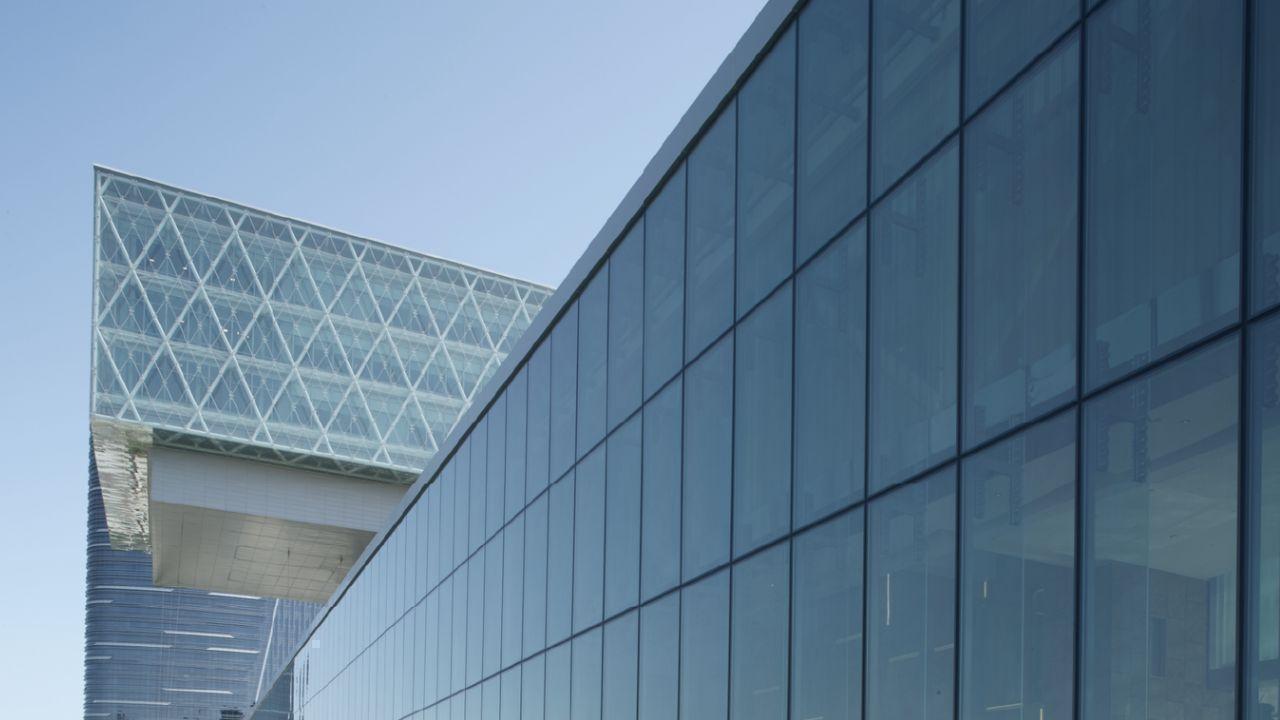
In 2024, Cleveland Clinic Abu Dhabi treated over 1 million patients and conducted over 26,000 surgeries...Read More.
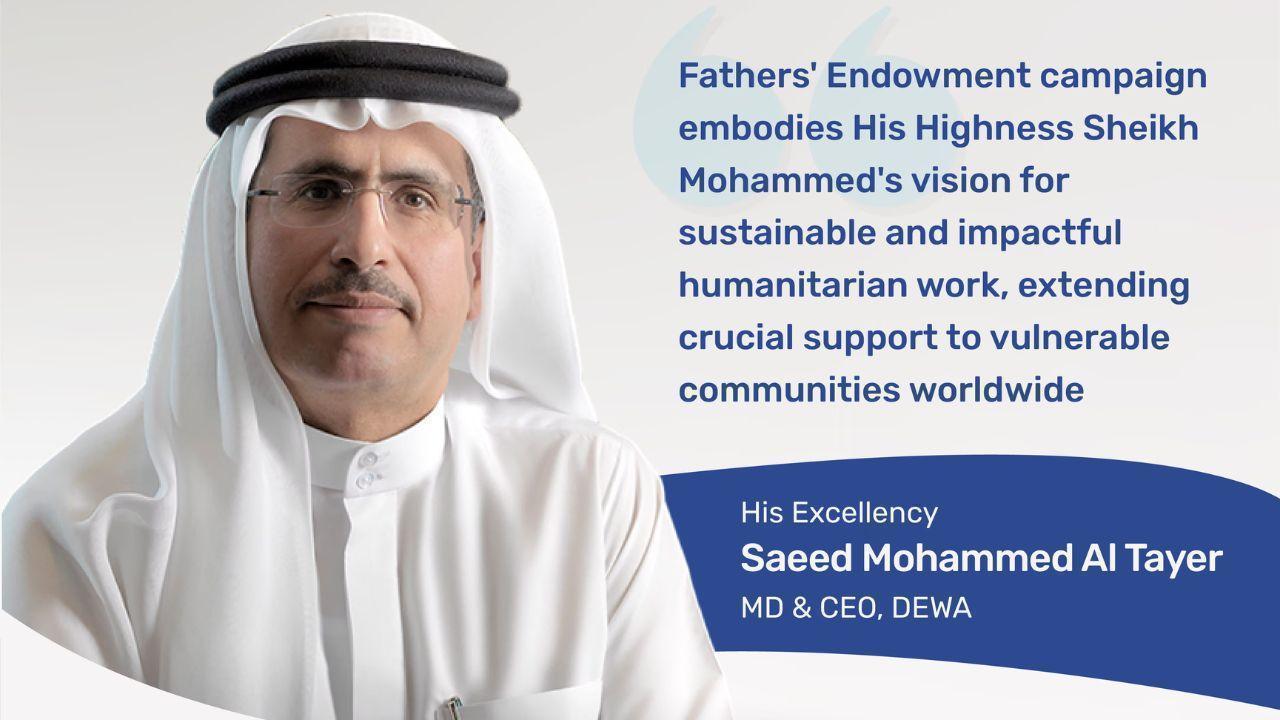 DEWA donates AED 20M to Fathers’ Endowment campaign for community support
DEWA donates AED 20M to Fathers’ Endowment campaign for community support
DEWA donates AED 20M to Fathers’ Endowment for healthcare support in the UAE
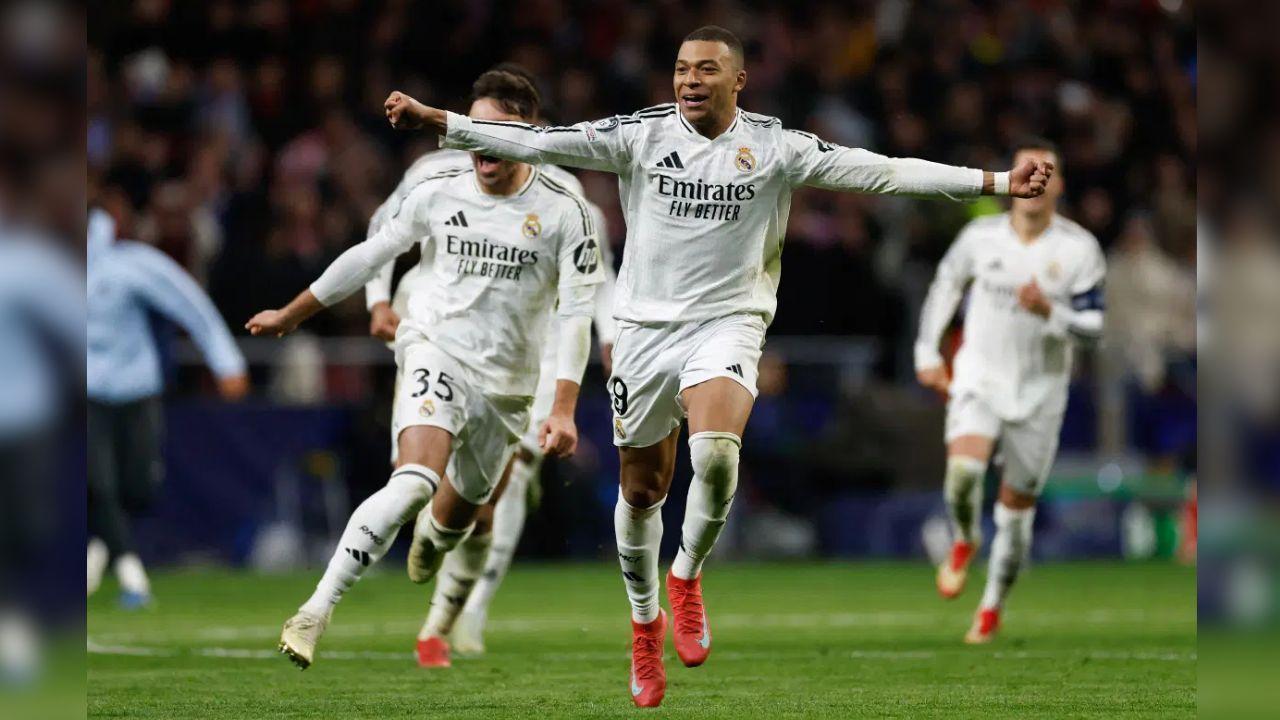 Real Madrid beat Atletico in shootout to reach Champions League quarters
Real Madrid beat Atletico in shootout to reach Champions League quarters
Real Madrid defeated Atletico 4-2 on penalties to enter the Champions League quarters after a thrill
 Meta tests its first in-house chip designed for AI applications
Meta tests its first in-house chip designed for AI applications
Meta tests its first AI chip to cut reliance on Nvidia and reduce infrastructure costs
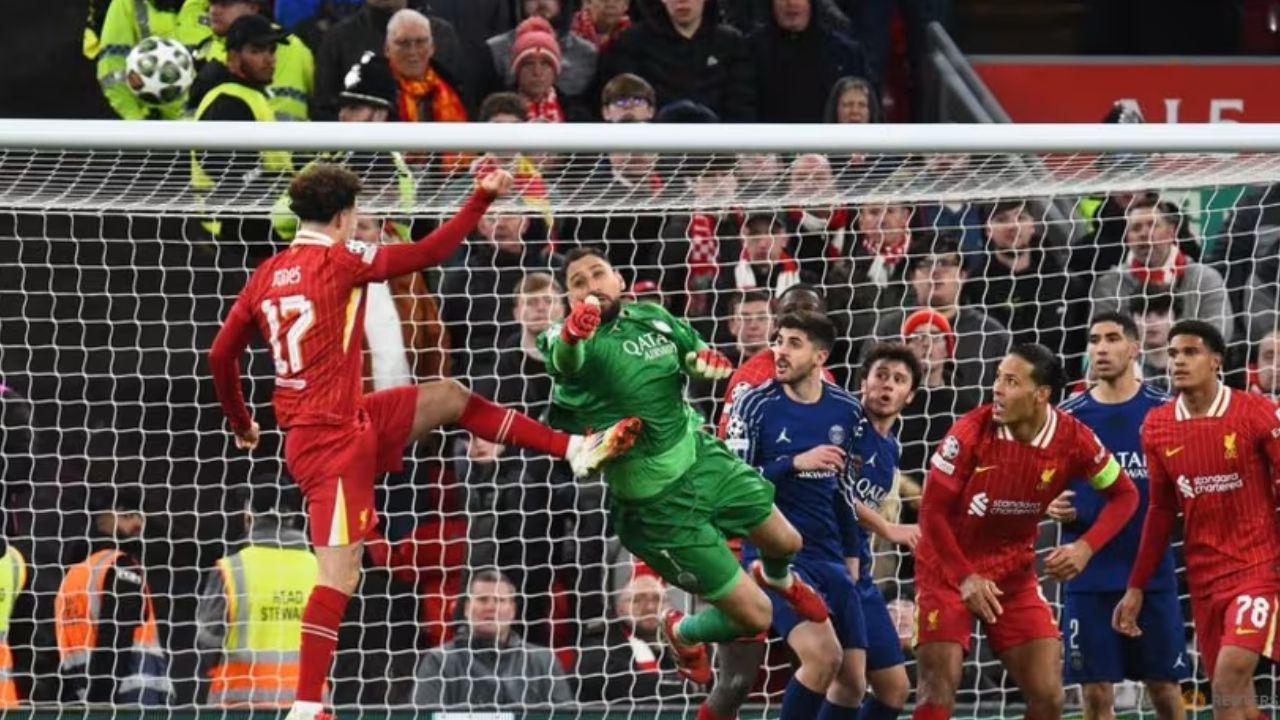 PSG defeats Liverpool in Champions League shootout, advances further
PSG defeats Liverpool in Champions League shootout, advances further
Paris St Germain won 4-1 in a penalty shootout after a thrilling 1-0 victory over Liverpool at Anfie
 UAE President receives call from Uzbek President on strengthening ties
UAE President receives call from Uzbek President on strengthening ties
UAE and Uzbekistan presidents exchange Ramzan greetings, wishing prosperity and stability
Meta to Launch Community Notes Testing in US Starting March 18

Meta Platforms announced on Thursday that it will start testing community notes on its social media platforms in the US from March 18
Cleveland Clinic Abu Dhabi Celebrates 10 Years of Healthcare Innovation

In 2024, Cleveland Clinic Abu Dhabi treated over 1 million patients and conducted over 26,000 surgeries
Cultural Tourism and Immersing Yourself in Local Traditions Around the World

How Cultural Tourism and Local Traditions Enrich Your Travel
British woman raped in Delhi by Instagram friend: Police investigation ongoing

The accused used Google Translate to impress the victim on social media before the attack

Aid by Trade Foundation, International Cotton Advisory Committee, and bizpando Start Cooperation
Xiaomi's YU7 Electric Crossover to Offer Range of 770 Km

Xiaomi's first SUV, the YU7, is set to launch this summer, offering a range of 770 km to compete with Tesla's Model Y
Bhagyashree Injured During Pickleball, Undergoes Surgery

Bollywood actress Bhagyashree suffered a deep forehead gnash and needed 13 stitches
Sheikh Zayed Grand Mosque to Welcome Over 2M Visitors This Ramadan

Sheikh Zayed Grand Mosque organizers will offer advanced logistics services and dedicated parking for women and People of Determination to ensure a smooth, peac
US Woman Held Stepson Captive For Over 20 Years, How He Escaped

The 32-year-old man revealed he set his stepmother’s house on fire after enduring 20 years of captivity
Investing in Stocks vs Bonds What You Need to Know

A Complete Guide to Investing in Stocks and Bonds
3001E, 30 Floor, Aspin Commercial Tower, Sheikh Zayed Road, Dubai, UAE
+971 52 602 2429
info@dxbnewsnetwork.com
© DNN. All Rights Reserved.